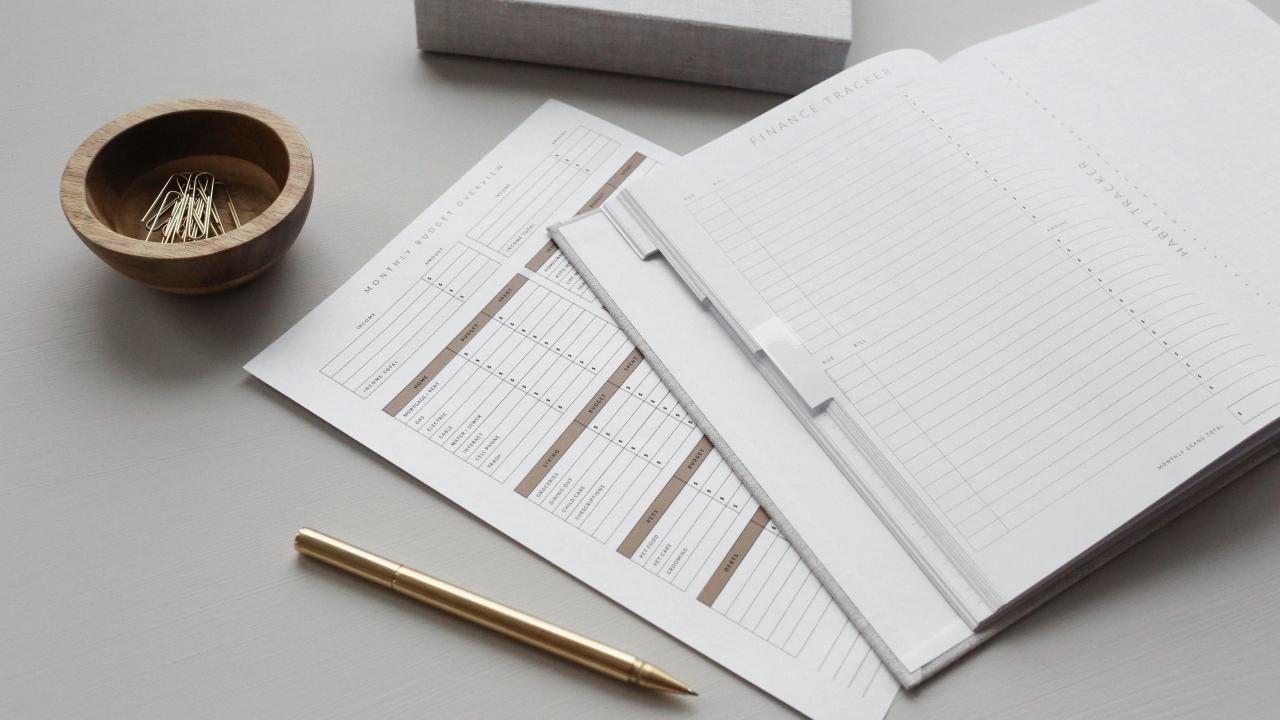Are you stuck in a financial rut? Consider making a budget to help yourself out of it.
Please tell us if you could relate: you are working day in and day out, trying your best to save money but failing, and living paycheck to paycheck. We’re sorry if you’re stuck in a financial rut; you’re not alone. As of 2022, 64% of Americans are spending their income on their daily expenses, unable to save for the future. And the most likely reason why you’re in a financial rut is that you are not budgeting your finances.
Many people think a budget means pages and pages of complex financial arithmetic and avoid considering it. Budgets can be extremely simple unless you are budgeting for an entire firm. It’s merely keeping track of your finances by noting your income, expenses, cash flow, and savings. Here’s why a budget is essential.
It Helps You Reach Your Financial Goals
Do you want to be financially independent? Or perhaps you wish to pay off your debt? Whatever your financial goal is, budgeting can help you achieve it. Having a monthly budget would help you keep track of your daily expenditures, which could snowball and save you a substantial amount of cash by the end of the year. As they say, your secret to success lies in your daily habits.
It Keeps Your Spending In Check
When you budget your finances, you see an accurate picture of where you’re spending the most and what areas you can reduce your spending. It’s easy to spend mindlessly when you don’t realize how your daily spending stack up. A budget can help you see your unwanted expenditures and help you reduce them.
It Helps You Save Money
Do you need cash for your children’s education? Or maybe you want to tour across the world? Whatever the goal, saving money is vital for achieving all of them. A budget helps you save money as it shows you how much money you can save by reducing mindless spending.
Budgeting Tips to Get You Started
While there are numerous types of budgets, the best one is the one that would work for you. But if you’re a first timer, here are a few budgeting tips to get you started on the road to financial independence.
Try using a spreadsheet. Conventional pen and paper budgets have nothing wrong with it. A spreadsheet helps you keep track of all the previous budgets for future reference and amending details in the spreadsheet is a piece of cake.
Try creating a realistic budget that can help you dive into the specifics of your spending and identify where you need to cut back.
To properly manage your finance you should track your income and spending. Note the income you make from all the sources (job, rental property, side hustle, etc.) Make an extensive list of your spending (tax, loan installments, rent, food, miscellaneous items, etc.) If you’re unsure how much you spend on certain things every month, look at how much you’re spending regularly and multiply by the number of days.
You shouldn’t include your bonuses as they aren’t a fixed amount of your income or spending. They could throw off the math as these aren’t guaranteed every month. Hence, avoid adding bonuses to the budget because we’re preparing a realistic budget.
Updating regularly can also help manage and balance your finances. Have you been able to reduce your spending in an area? Or perhaps you have a new debt to pay off? Update things timely to your budget to give you a clearer picture.
To Sum It Up
Budgeting isn’t arduous and can be beneficial if you know what to do with it. A budget would give you a clear picture of your current financial situation.
To improve it, you need to take conscious action to cut down on mindless spending. Focus on meeting needs and wants and not exuberant luxuries. If financial independence is your goal, you’re on the right track.

